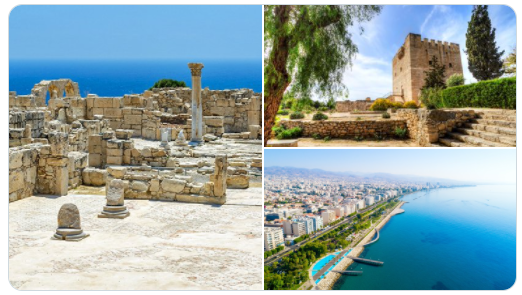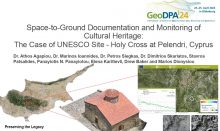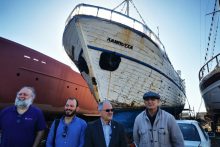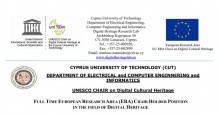
Indigenous cultural heritage is the legacy of tangible physical objects combining the intangible aspects of a group of society. Objects, artefacts, buildings, places and monuments aside, intangible cultural heritage, also known as “living heritage” or “living culture”, refers to living practices, representations, expressions, knowledge, and skills passed down from generation to generation. This heritage provides communities with a sense of identity and is continuously recreated in response to their environment, their interaction with nature and their history. It is called intangible because its existence and recognition mainly depend on human knowledge and will, which is immaterial, and is transmitted by imitation and living experience.

The 2022 Winter School of the UNESCO Chair on Digital Cultural Heritage, in collaboration with the UNESCO Chair in ICT to develop and promote sustainable tourism in World Heritage Sites, is dedicated to investigating how ICTs designed to enhance the tourism experience can help in preserving and transmitting living heritage and bring people to work and live closer together, while at the same time promoting forms of tourism (cultural, historic, religious, gastronomy, wine, etc.) that go beyond traditional “sun sea and sand”, and can verifiably serve as a vehicle of cultural diplomacy. Cyprus, with its richness of tangible and intangible heritage, will provide a suggestive background, as well as an ideal place for the event and offer an environment with various case studies.






 If you have interesting news and events to point out in the field of digital cultural heritage, we are waiting for your contribution.
If you have interesting news and events to point out in the field of digital cultural heritage, we are waiting for your contribution.
























